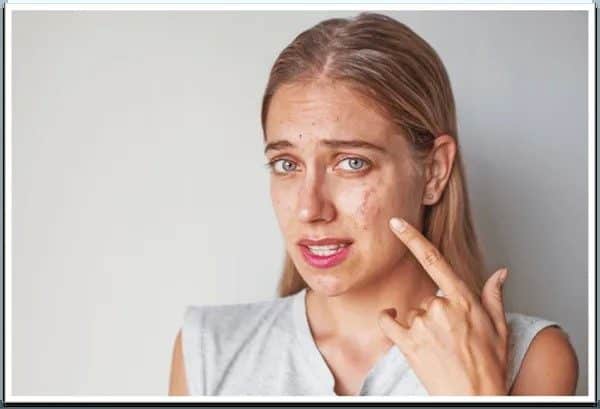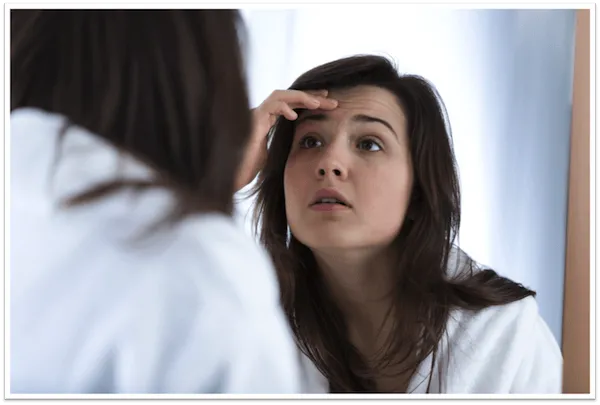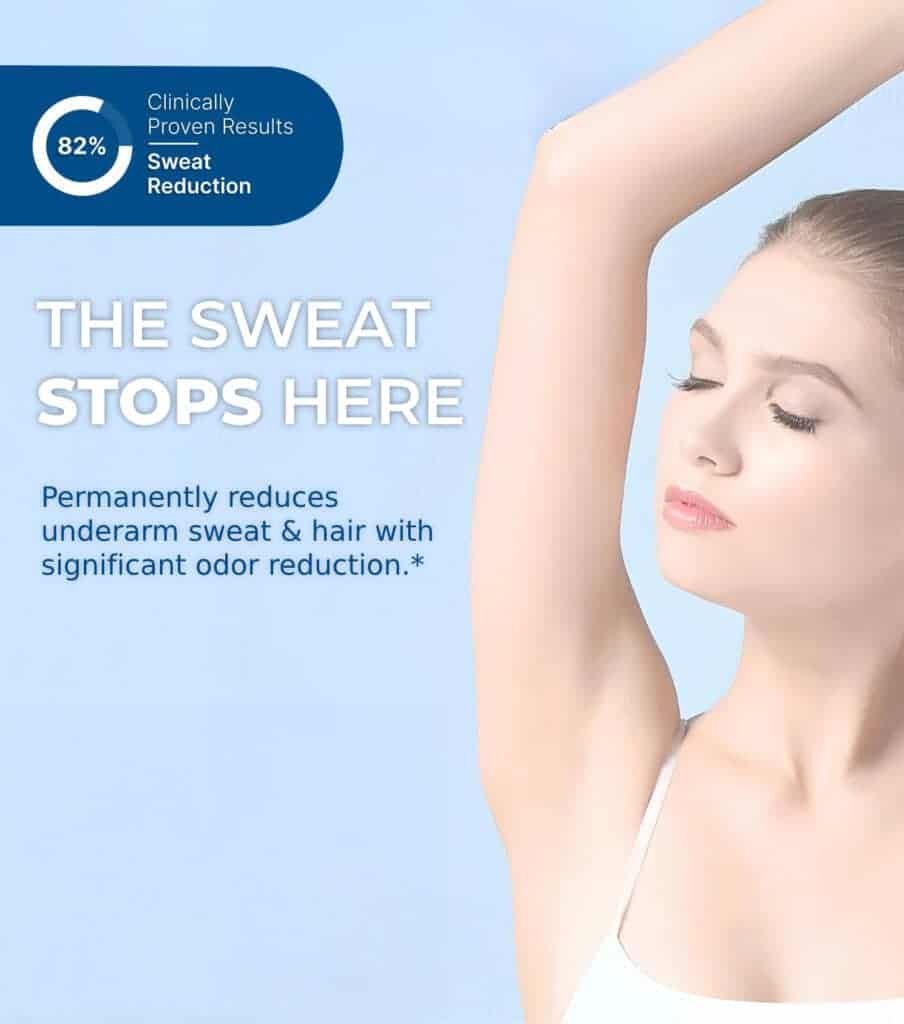Most of us associate acne with our awkward pre-teen years when puberty made its mark on our face. Not only did we anticipate being independent adults but the promise of blemish free skin wouldn’t just be a daydream. Or at least that’s what we thought. Independence wasn’t all that great after awhile and acne well that may not have completely vanished into thin air.
A study conducted by the Journal of American Academy of Dermatology found that half of adults age 20-29 suffer from acne breakouts. The stats for women who have breakouts are as follows: about 35% of women aged 30-39 , 26% of 40-49 year-old women, and 15% of women that are 50 plus.
If you are experiences acne then your first course of action is pinpoint a cause. Here are some suggestions from Dr. Michelle Palm MD, MBA, Director of Art of Skin.

Genetics
If your parents have acne the chances it was passed down to you are highly likely. Unfortunately, genes cannot be changed, but there are plenty of treatment options. These treatments will speed up the healing process for whiteheads and blackheads. Consider taking a mix of over-the-counter prescriptions, peels, and light or laser therapy to combat the issue from multiple fronts.
Beauty Supplies
It’s true, the very concealer you are using to cover up pimples could actually be perpetuating them. “Makeup not labeled non-comedogenic, and hair styling products can clog pores leading to breakouts in the area of use,” says Dr. Palm. She recommends stopping the use of those products immediately and use a spot treatment that includes glycolic or salicylic acid.

Hormones
Hormones start and are most noticeable when we are going through puberty, but they continue to affect us and our skin. If you are female, your menstrual cycle is most likely contributing to breakouts you are having. It isn’t curable by Dr. Palm mentions it can be treated, “therapies most effective include low-dose estrogen or progesterone birth control pills, an anti-androgen medication spironolactone (a medication that counteracts the effects that high levels of testosterone has on the skin), or a combination of both. These oral medications are often combined with good prescription topical medications.”
Medication
You could be taking a medication that is affecting your skin, like topical, inhaled, or anabolic steroids. For example, cortisone can cause breakouts. If you have an uncommon amount of blemishes then stop taking the medication and use a topical treatment to relieve the acne you are experiencing.
Rosacea
You may not have expected this but the skin condition rosacea could be causing breakouts. This takes the form a redness and possibly whiteheads and inflammatory acne lesions that can appear in the middle of the face. “The best way to avoid rosacea-related breakouts it to avoid triggers that can make it worse like exposing oneself to extreme changes in temperature, extreme exercise, hot beverages, spicy food, and alcohol,” states Dr. Palm. If you do have these symptoms combat them with sunscreen, a gentle moisturizer, and a topical treatment that have an active ingredient like sulfur, benzoyl, or ivermectin.
Diet
You’ve heard it before, “you are what you eat.” Your eating habits could be causing acne especially if you are eating diary or simple carbohydrates. Consult your doctor before restricting foods that are acidic or inflammatory.
There are many adults who suffer from acne breakouts, but there are plenty of treatments to combat the blemishes you are experiencing.
